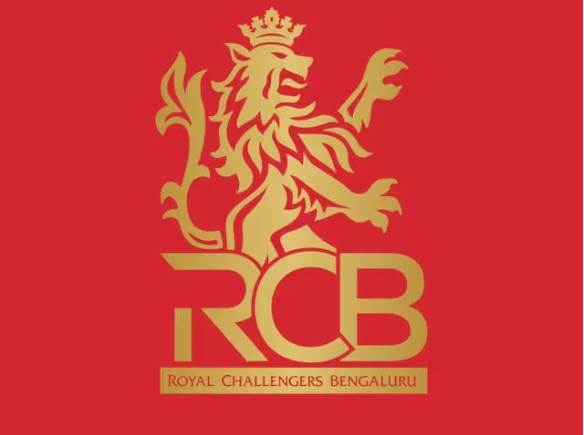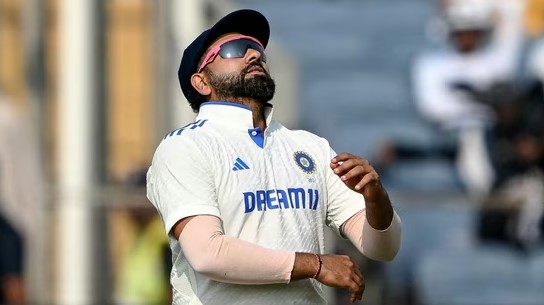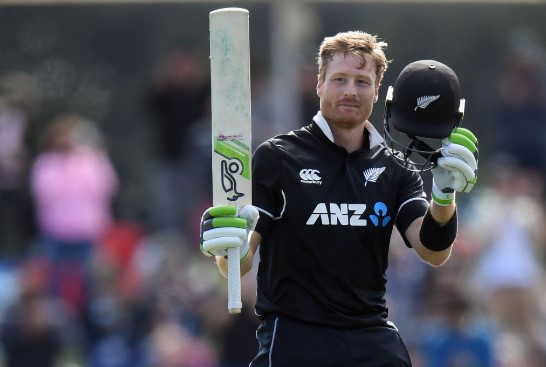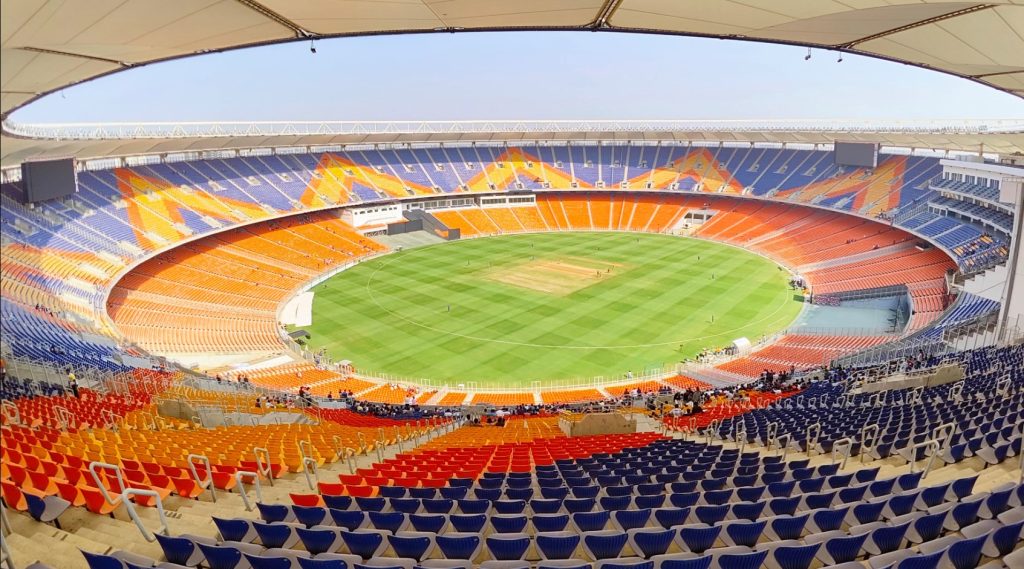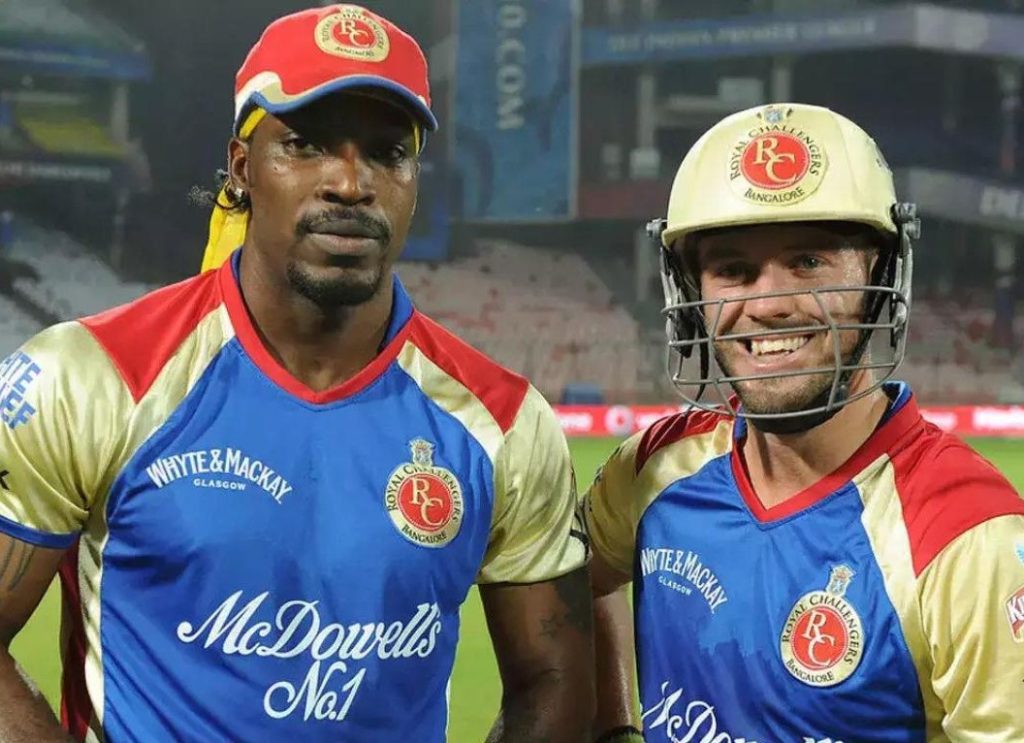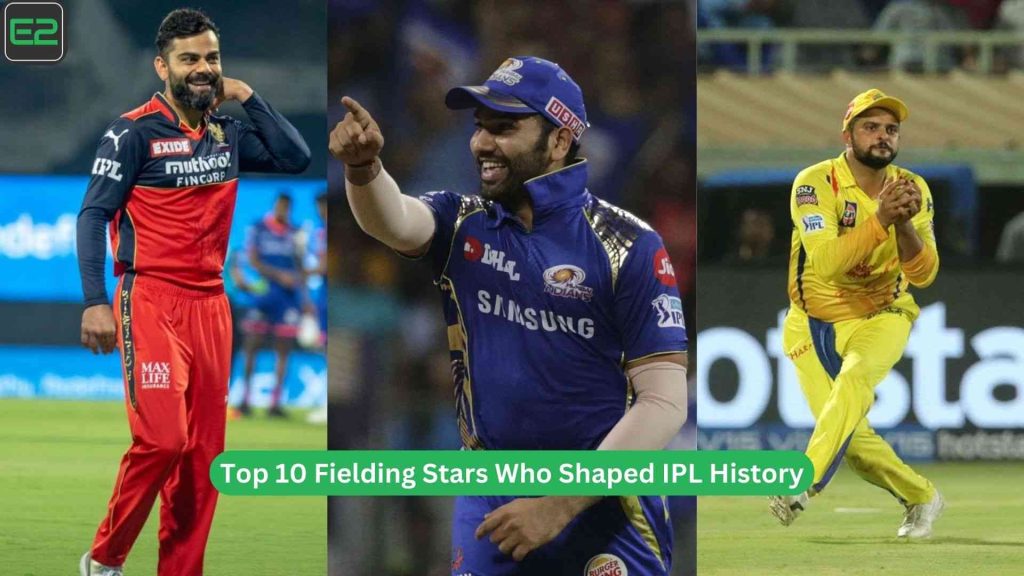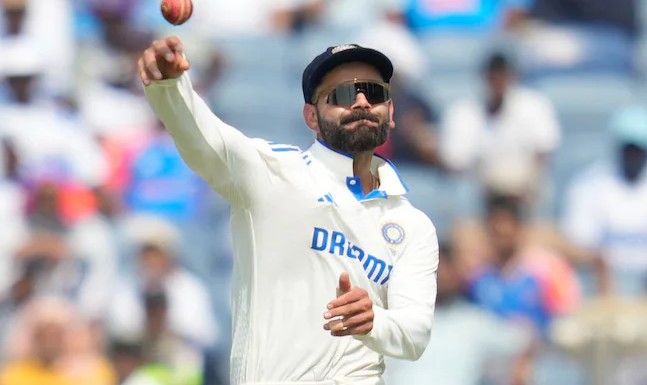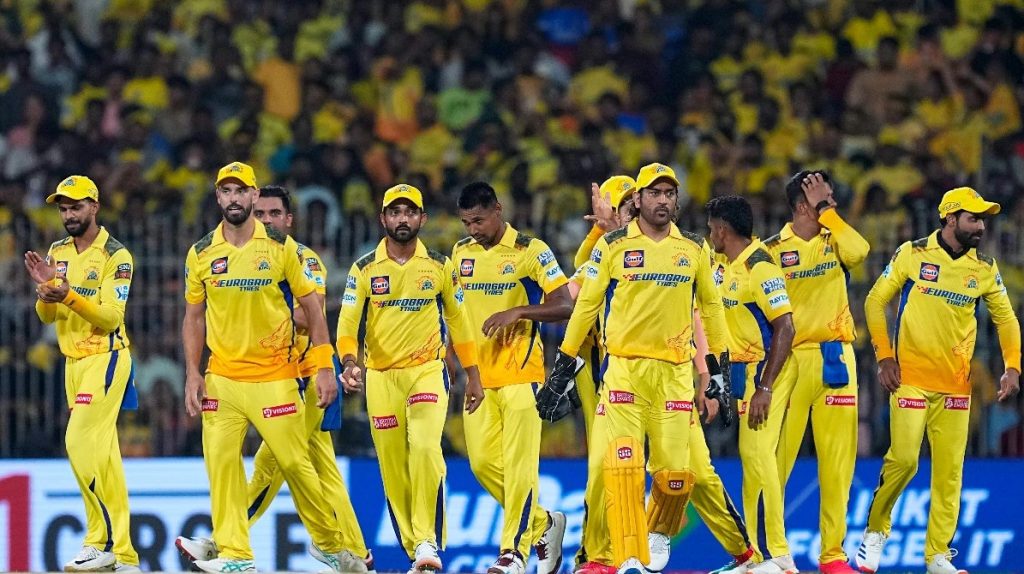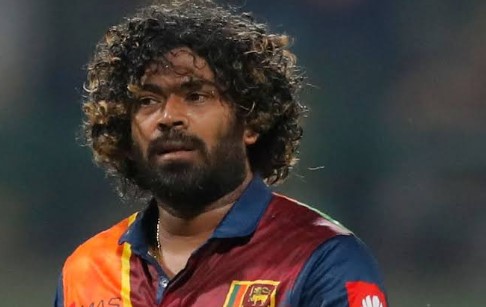The Indian cricket team has a rich history, and over the years, several coaches have played pivotal roles in shaping its success. The position of the head coach in Indian cricket has evolved significantly, from its early days when coaches were primarily tasked with providing guidance during overseas tours, to the modern era, where they are responsible for managing all aspects of the team’s performance, fitness, and strategy.
In this article, we will take a look at the Indian cricket team’s coaches, exploring their roles, achievements, and the impact they had on Indian cricket. Additionally, we will provide a timeline of the coaches, highlighting key milestones in the team’s evolution.
Early Years: Pre-Coach Era
Before the formal appointment of a coach, the Indian cricket team was largely managed by the captain and selectors. During this time, the team would rely on individual expertise and advice from senior players. Indian cricketers like Kapil Dev and Sunil Gavaskar played key roles in mentoring younger players, especially during their tours abroad.
However, as cricket became more professional and competitive, especially after the 1990s, the need for a dedicated coach became evident.
Evolution of the Role of the Coach
- Pre-1999: The Indian team had no permanent coach. Often, former cricketers, who were either selected for overseas tours or appointed as managers, played the role of providing advice and strategies.
- Post-1999: After the Indian cricket team’s disappointing performance at the 1999 Cricket World Cup, the Board of Control for Cricket in India (BCCI) decided to appoint a full-time head coach to enhance performance and professionalize the coaching structure.
Since then, numerous coaches have taken charge of the Indian team. The coaches’ roles and responsibilities have evolved with time, and with the rise of modern coaching techniques, fitness regimes, and data analysis, the role of the coach has grown to become central to the team’s strategy and success.
List of Indian Cricket Team Coaches
Here’s a chronological list of the official head coaches of the Indian cricket team, including their tenures, key achievements, and contributions.
| Coach | Tenure | Key Achievements |
|---|---|---|
| Anil Kumble | 2007–2008 | – First cricketer to hold the position after a formal appointment. |
| – Played a vital role in improving India’s performance in Test cricket. | ||
| Gary Kirsten | 2008–2011 | – Guided India to victory in the 2007 ICC T20 World Cup and the 2011 ICC Cricket World Cup. |
| – Focused on improving batting technique and mental strength. | ||
| Duncan Fletcher | 2011–2015 | – Oversaw India’s triumph in the 2013 ICC Champions Trophy. |
| – Helped develop young talents such as Virat Kohli and Rohit Sharma. | ||
| Ravi Shastri | 2014–2016 (interim), | – Appointed head coach in 2017 and continued until 2021. |
| 2017–2021 | – Guided India to the No.1 ICC Test ranking in 2016. | |
| – Led India to historic series wins in Australia (2018-19) and a strong World Cup performance in 2019. | ||
| Anil Kumble | 2007–2008 | – Focused on improving India’s Test match performances and emphasized discipline and fitness. |
| Lalit Modi | 1999-2000 | First appointed as India’s first full-time head coach but later controversial following BCCI issues. |
| John Wright | 2000–2005 | – One of the first foreign coaches of India. |
| – Guided India to the 2003 World Cup final, and helped establish the team as a dominant force in global cricket. | ||
| Sanjay Bangar | 2016–2017 (interim) | – Was appointed as interim coach in 2016 following Shastri’s brief departure. |
Key Coaches and Their Impact
Now let’s take a closer look at some of the most influential head coaches in the history of Indian cricket and examine their specific contributions to the team’s success.
1. Anil Kumble (2007–2008)
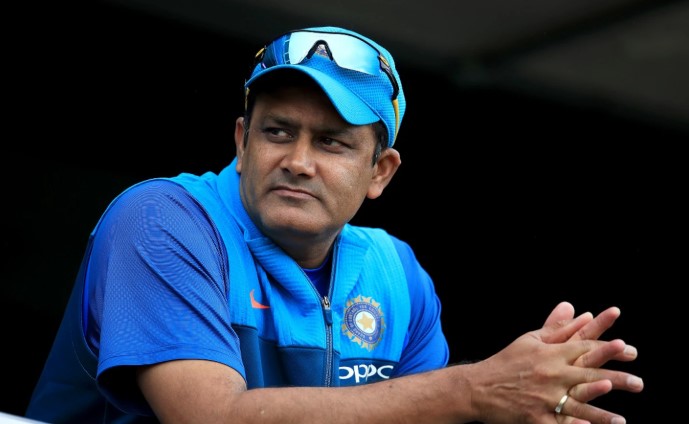
Anil Kumble, one of India’s greatest-ever bowlers, took over as head coach in 2007, shortly after India’s 2007 ICC T20 World Cup win. Kumble was known for his discipline and strategic acumen, particularly in Test cricket.
- Key Achievements:
- Helped improve India’s performance in Test cricket, including a notable series win in Australia.
- He focused on discipline, fitness, and mental toughness.
However, Kumble’s tenure ended prematurely due to differences with senior players, most notably captain Virat Kohli. Despite this, Kumble’s impact on Test cricket was significant.
2. Gary Kirsten (2008–2011)
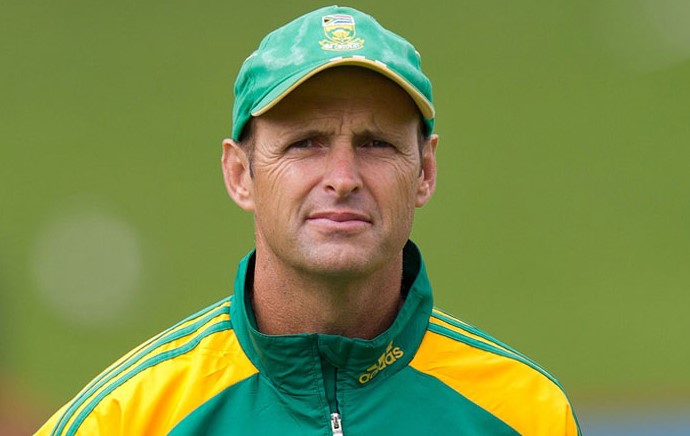
Gary Kirsten, the former South African cricketer, was appointed as the head coach after Kumble’s departure. Kirsten is widely regarded as one of the most successful coaches in Indian cricket history.
- Key Achievements:
- Guided India to victory in the 2011 ICC Cricket World Cup.
- India’s No.1 Test ranking in 2009.
- Focused on improving batting techniques, mental toughness, and team harmony.
Kirsten’s leadership and man-management skills were pivotal in India’s resurgence during the late 2000s and early 2010s. Under his coaching, the team excelled in all formats, especially Test cricket.
3. Duncan Fletcher (2011–2015)
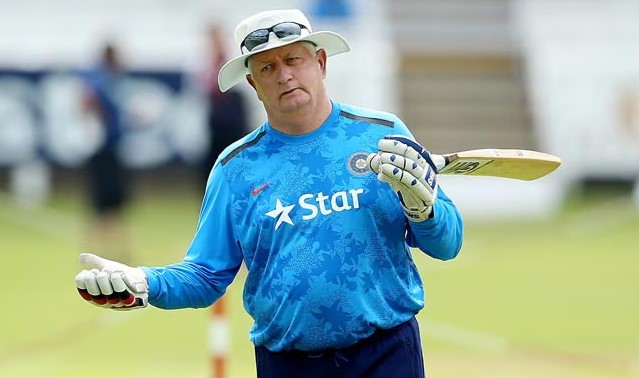
Duncan Fletcher, a former Zimbabwean cricketer, took charge in 2011, during a time when India was struggling to maintain the high standards set by the team during the previous decade.
- Key Achievements:
- Helped India win the 2013 ICC Champions Trophy.
- His tenure saw India rise to the No.1 Test ranking in 2016.
- Focused on improving India’s fielding and fitness standards.
Fletcher’s time was marked by a transition period in Indian cricket, with a mix of senior and younger players coming together. While his stint had some ups and downs, his contribution to improving India’s Test team and helping players like Virat Kohli and Rohit Sharma grow was invaluable.
4. Ravi Shastri (2017–2021)
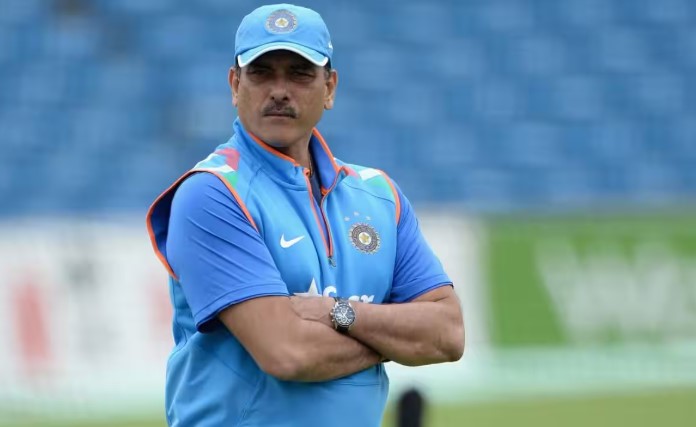
Ravi Shastri, a former player, became the head coach of India in 2017, after a brief stint as the team’s director of cricket. Shastri’s second term as coach was immensely successful, and he helped elevate India’s stature in world cricket.
- Key Achievements:
- India’s No.1 Test ranking in 2016.
- Historic series win in Australia (2018-19).
- Strong performances in the 2019 ICC Cricket World Cup, where India reached the semi-finals.
- Focused on fitness, aggression, and a strong team spirit.
Shastri’s tenure saw a highly successful Indian team, both in Test and limited-overs cricket. His emphasis on aggression, fitness, and team unity was key to the team’s consistency across all formats.
Interim Coaches and Short-Term Appointments
In addition to the permanent coaches, there were several instances when interim coaches were appointed to lead the Indian team during transitions or short-term periods. These coaches may not have had long tenures, but they still contributed to the team in significant ways.
| Coach | Tenure | Key Achievements |
|---|---|---|
| Sanjay Bangar | 2016–2017 (Interim) | – Led India for a brief period, ensuring continuity between Shastri’s departures. |
| Kris Srikkanth | 1992–1993 | – Short tenure between regular appointments, providing coaching advice. |
| Venkatesh Prasad | 2007–2008 | – Temporary coach during Kumble’s tenure to develop future talent in Team India. |
Conclusion
The role of the head coach of the Indian cricket team has evolved significantly over the years. From being a peripheral figure in the team’s setup to becoming an integral part of the team’s strategy and development, coaches have had a massive impact on India’s success on the global stage. Anil Kumble, Gary Kirsten, Duncan Fletcher, and Ravi Shastri have all contributed to building one of the most successful teams in world cricket.
As the Indian cricket team continues to evolve, the coaching position remains pivotal to shaping the future of Indian cricket, ensuring that the team remains competitive and successful at the highest levels of the game. With each passing year, the influence of the coach is only expected to grow, helping to develop players and strategies that will lead India to even greater heights in world cricket.



